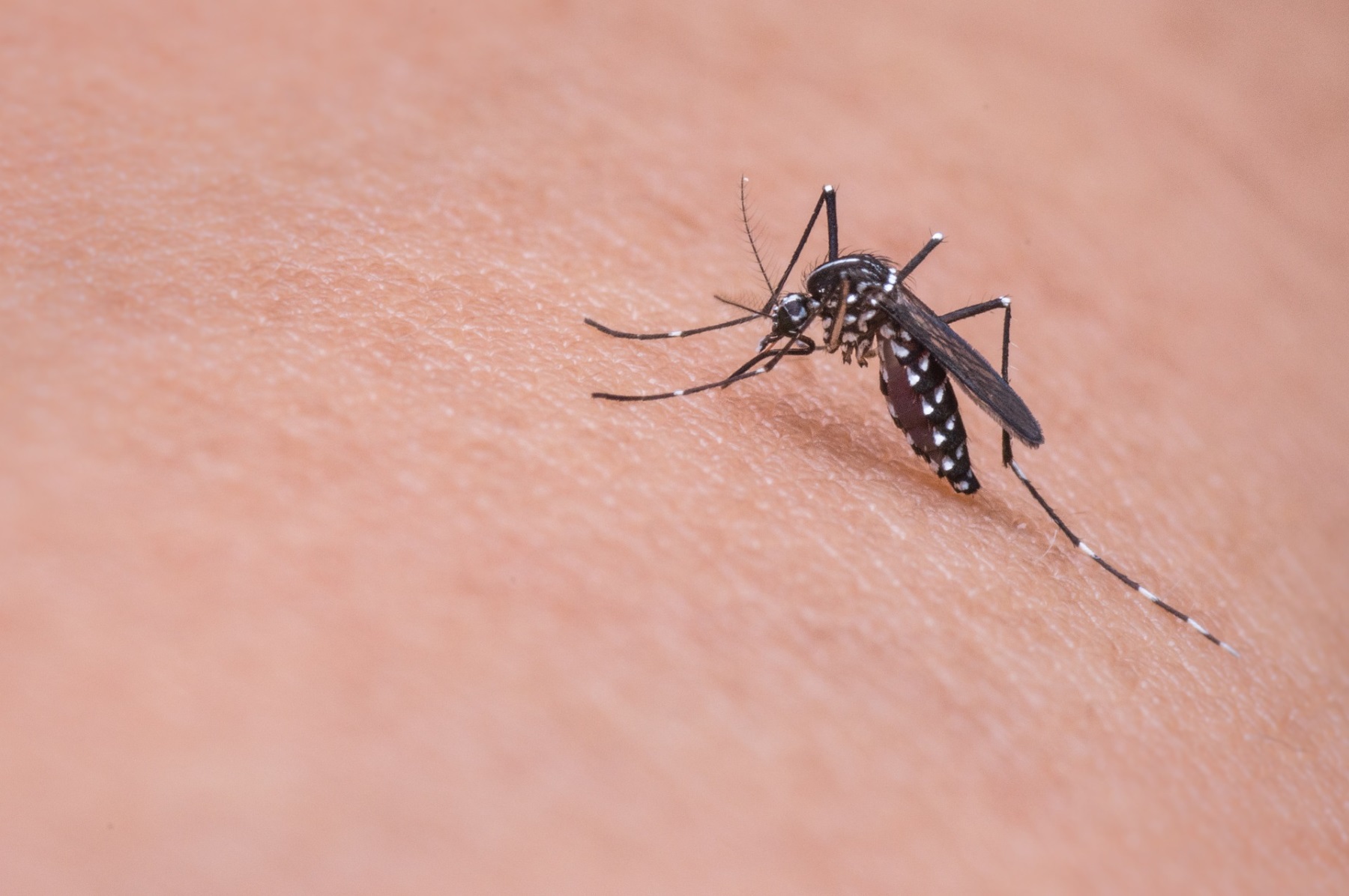The number of Americans getting diseases transmitted by mosquito, tick and flea bites has more than tripled over a 12-year period, reaching more than 96,000 cases in 2016, the Centers for Disease Control and Prevention reported Tuesday.
Such “vector-borne’’ diseases include Zika, West Nile, Lyme and chikungunya. “Vector” is the term that scientists use for an organism — such as a mosquito, tick or flea — that spreads pathogens.
These diseases “have confronted the U.S. in recent years, making a lot of people sick. And we don’t know what will threaten Americans next,” CDC Director Dr. Robert Redfield said in a statement. “Our nation’s first lines of defense are state and local health departments and vector-control organizations, and we must continue to enhance our investment in their ability to fight against these diseases.”
The CDC data didn’t come as a surprise to Georgia health officials.
“We’ve had concerns about it,’’ said Dr. Patrick O’Neal, commissioner of the Department of Public Health. “I’m happy that the CDC is calling attention to it.’’
Federal funding for vector surveillance has been sporadic, and driven by outbreaks such as Zika virus, O’Neal said. “There should be additional funding for these activities.”
The CDC report said mosquitoes and ticks and the germs they spread are increasing in number and moving into new areas, thus putting more people at risk for infection. Overseas travel and commerce are more common than ever before, the Atlanta-based public health agency said. And since 2004, at least nine such diseases have been newly discovered or introduced into the United States.
Warmer weather is an important cause of the surge in cases reported to the CDC, according to the lead author of the agency’s report.
But the author, Dr. Lyle Petersen, the agency’s director of vector-borne diseases, declined to link the increase to the issue of climate change, and the report does not mention either climate change or global warming, the New York Times reported.
Many other factors are at work, he said, noting that “the numbers on some of these diseases have gone to astronomical levels.’’
“It’s very important that the public is very aware that these are more than summertime nuisances — you can get very severe diseases from ticks and mosquitoes,” said Peterson, who CNN reported actually had West Nile virus himself from a mosquito bite in 2003.
Between 2004 and 2016, about 643,000 cases of 16 insect-borne illnesses were reported to the CDC — 27,000 a year in 2004, rising to 96,000 by 2016.
The real case numbers were undoubtedly far larger, Petersen said. For example, the CDC estimates that about 300,000 Americans get Lyme disease each year, but only about 35,000 diagnoses are reported, according to the New York Times.
The study did not delve into the reasons for the increase, the Times reported, but Petersen said it was probably caused by many factors, including two related to weather: Ticks thriving in regions previously too cold for them, and hot spells triggering outbreaks of mosquito-borne diseases.
Other factors, he said, include expanded human travel, suburban reforestation and a dearth of new vaccines to stop outbreaks. (While a comeback of forests in some U.S. suburban areas is generally considered a healthy trend, vegetation can be a haven for disease-carrying pests, especially ticks.)
The report also said:
- The number of reported tick-borne diseases more than doubled in 13 years and accounted for more than 60 percent of all reported mosquito-borne, tick-borne and flea-borne disease cases. Diseases from ticks vary from region to region across the United States, and those regions are expanding.
- Reducing the spread of these diseases and responding to outbreaks effectively will require additional capacity at the state and local level for tracking, diagnosing and reporting cases; controlling mosquitoes and ticks; and preventing new infections; and for the public and private sector to develop new diagnostic and vector control tools.
In Georgia, Public Health official Chris Rustin said Tuesday that with additional CDC funds to fight Zika, the agency was able to expand its Vector Surveillance and Response unit, which is conducting surveillance across the state for mosquitoes.
The information they collect is shared with local mosquito control agencies and public health officials so that informed, risk-based decisions related to control methods and education are made, Rustin said.
He added, though, that sufficient funding is not available to start a tick surveillance program.
Andy Miller is editor and CEO of Georgia Health News






